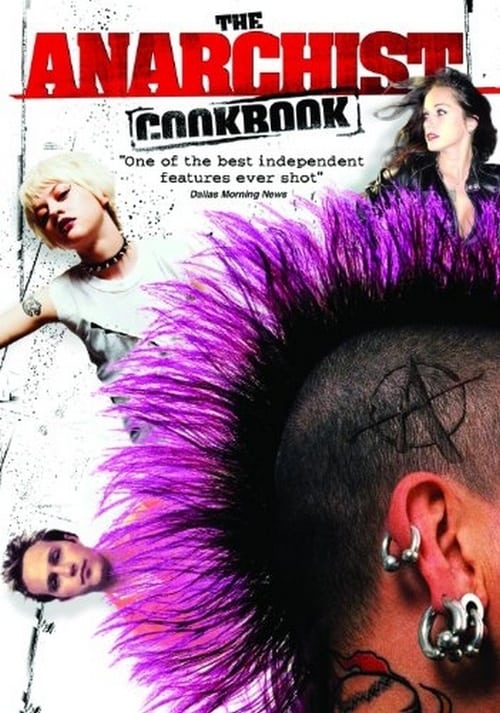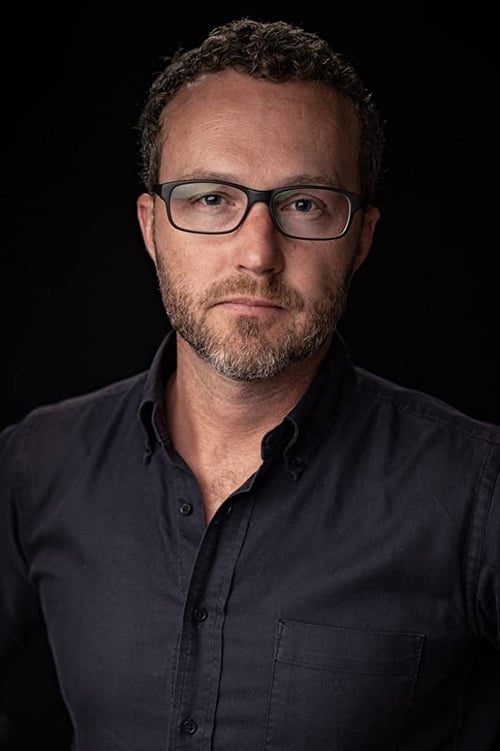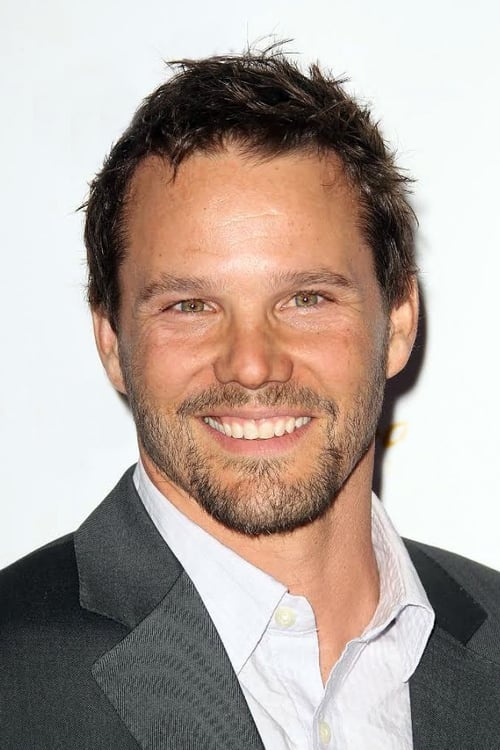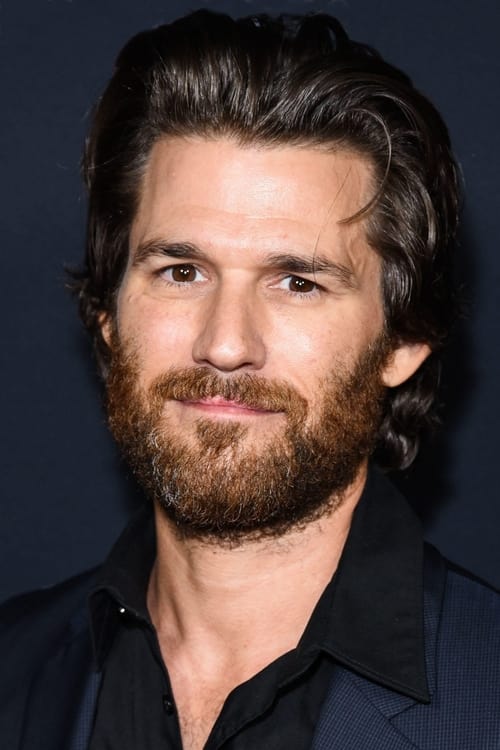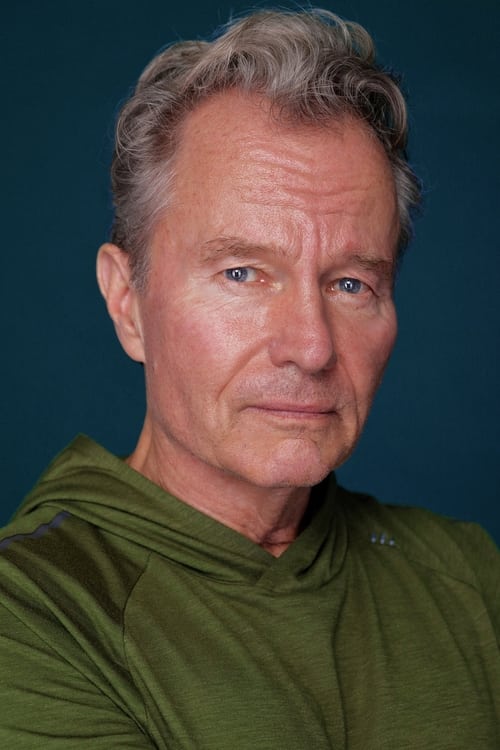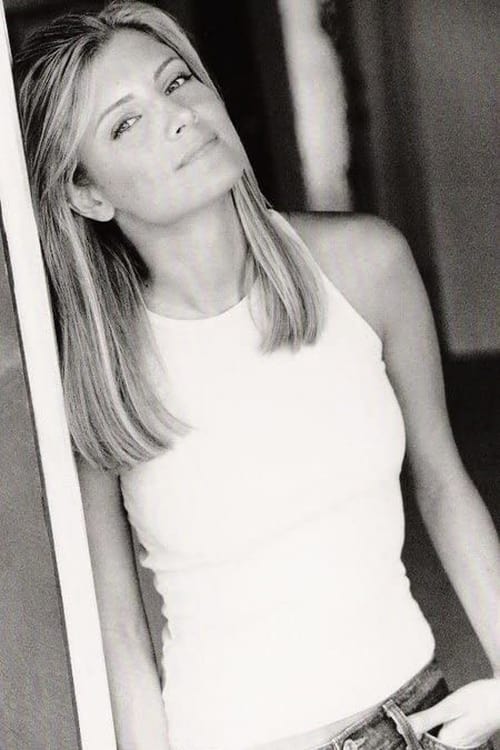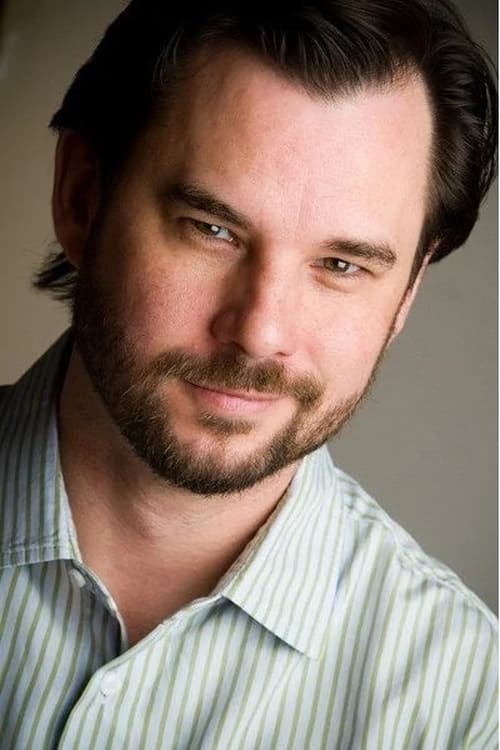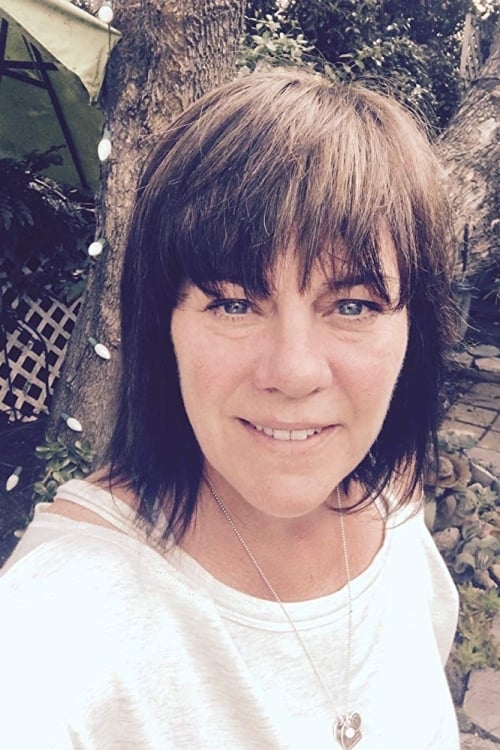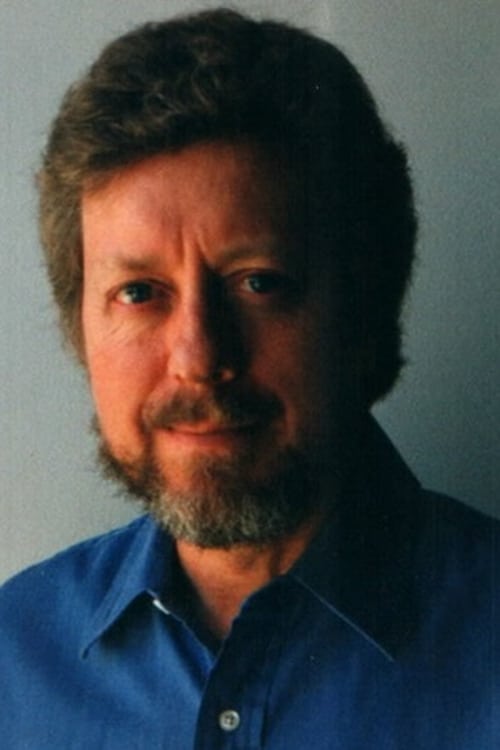The Anarchist Cookbook (2002)
ジャンル : ドラマ, コメディ, スリラー
上映時間 : 1時間 41分
演出 : Jordan Susman
シノプシス
A movie about a young honors student-turned-anarchist, Puck, and his group of anarchist friends living peacefully in a Dallas commune until a nihilist, Johnny Black, appears with The Anarchist Cookbook and completely destroys their way of life.
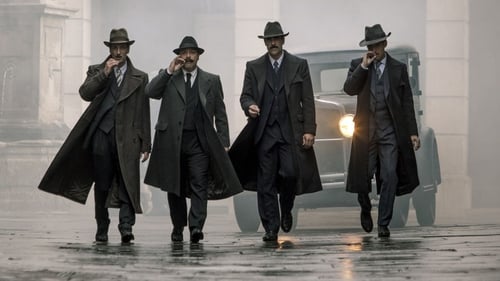
Barcelona, Spain, 1921. A tough cop from Madrid arrives in the city to locate, under the suspicious scrutiny of corrupt local police officers, a significant amount of military weaponry stolen from a train, allegedly by revolutionary anarchists.
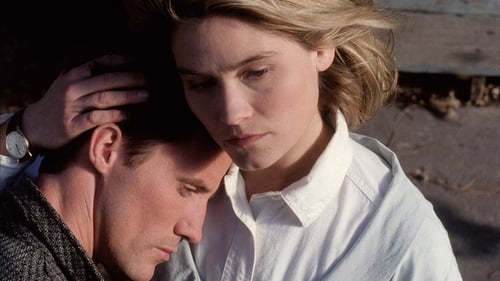
Bitter about being double-crossed by the women he loved, (and with the police after him to boot), Bill vows to seduce the next woman he sees, then throw her away. His brother Dennis, meanwhile, is equally determined to track down their long lost father, a revolutionary who has been in hiding for 20 years. For different reasons, both leave New York and head for Long Island, out of money, and short on ideas.
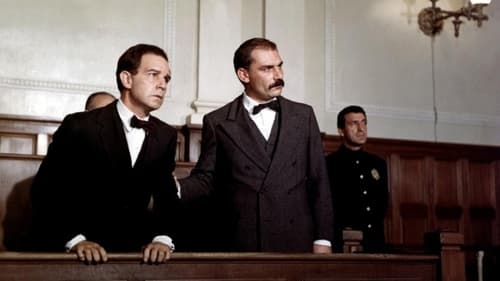
Boston, 1920. Italian immigrants Nicola Sacco and Bartolomeo Vanzetti are charged and unfairly tried for murder on the basis of their anarchic political convictions.
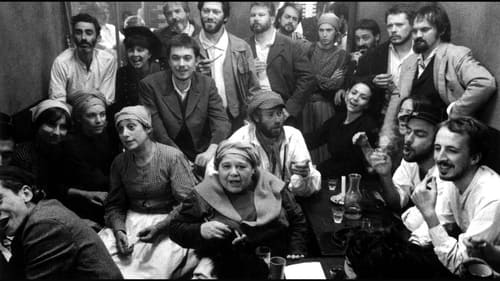
We are in the year 1871. A journalist for Versailles Television broadcasts a soothing and official view of events while a Commune television is set up to provide the perspectives of the Paris rebels. On a stage-like set, more than 200 actors interpret characters of the Commune, especially the Popincourt neighbourhood in the XIth arrondissement. They voice their own thoughts and feelings concerning the social and political reforms. The scenes consist mainly of long camera takes.

A multi-awarded 23 minute short film about pansexual punk rockers in a toxic relationship in London’s underground music scene
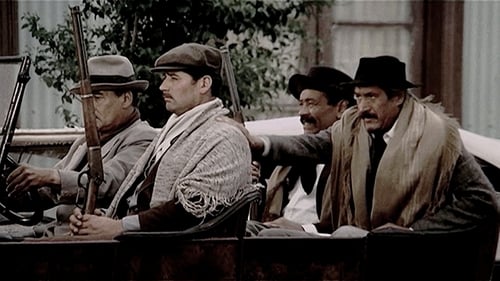
In 1920, workers from Patagonia, in Southern Argentina, gather around an anarcho-syndicalist society and go on strike, demanding better working conditions. When the situation turns unsustainable, President Yrigoyen sends Lieutenant Colonel Zavala to impose order.

A movie about a young honors student-turned-anarchist, Puck, and his group of anarchist friends living peacefully in a Dallas commune until a nihilist, Johnny Black, appears with The Anarchist Cookbook and completely destroys their way of life.
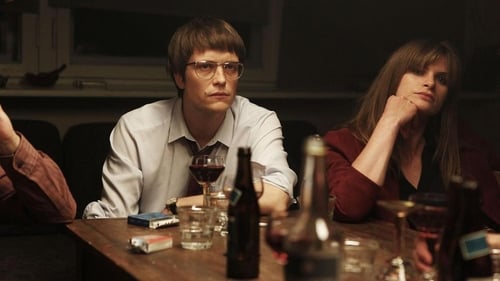
In the early 60s, Bernward Vesper and fellow university student Gudrun Ensslin begin a passionate love in the stifling atmosphere of provincial West Germany. Dedicated to the power of the written word, Bernward and Gudrun found a publishing house whose first publication is, paradoxically to many, a controversial past work of Bernward's ostracized father, an infamous Nazi author. Bernward defends his father's writing ability, even if he is haunted by his father's suspicious past.

When Edward Abbey died in 1989 at the age of sixty-two, the American West lost one of its most eloquent and passionate advocates. Through his novels, essays, letters and speeches, Edward Abbey consistently voiced the belief that the West was in danger of being developed to death, and that the only solution lay in the preservation of wilderness. Abbey authored twenty-one books in his lifetime, including Desert Solitaire, The Monkey Wrench Gang, The Brave Cowboy, and The Fool's Progress. His comic novel The Monkey Wrench Gang helped inspire a whole generation of environmental activism. A writer in the mold of Twain and Thoreau, Abbey was a larger-than-life figure as big as the West itself.

On September 16, 1920, as hundreds of Wall Street workers headed out for lunch, a horse-drawn cart packed with dynamite exploded in front of Morgan Bank — the world’s most powerful banking institution. The blast turned the nation’s financial center into a bloody war zone and left 38 dead and hundreds more seriously injured. As financial institutions around the country went on high alert, many wondered if this was the strike against American capitalism that radical agitators had threatened for so long.

Set in 1920s Shanghai, the film recounts the activities of a group of young Koreans trying to destabilize Japanese control of their penninsula. Through an anti-occupation terrorist campaign, the five men hope to inspire a resurrection throughout their penninsular homeland.

During the Spanish Civil War (1936-1939) and the Second World War (1939-1945), around three thousand people managed to elude their pursuers, and probably also avoided being killed, thanks to the heroic and very efficient efforts of the Ponzán Team, a brave group of people — mountain guides, forgers, safe house keepers and many others —, led by Francisco Ponzán Vidal, who managed to save their lives, both on one side and the other of the border between Spain and France.
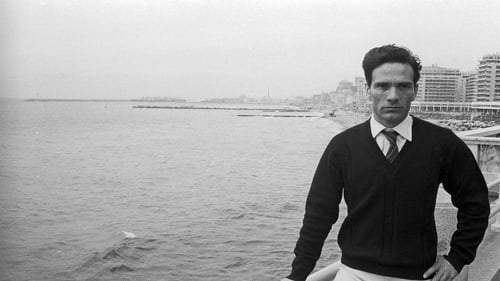
In the summer of 1959, as a correspondent for “Successo” magazine, Pasolini traveled along the Italian coast. In 1963, he documented Italian sex behavior, explained in “Love Meetings,” a 1964 film. In the winter of 1970-71, he witnessed the plight of the most impoverished Italian population and the innocents who suffered the boot of state power. After these three journeys, he concluded that Italian society had changed dramatically for the worse throughout all those years.

1918 year. A woman commissar has been appointed from the Central Committee of the Bolshevik Party to the Russian warship Gromoboi, which is ruled by anarchist sailors. The leader of the ship is the anarchist Vozhak. The Commissioner was instructed to reorganize the naval detachment into the First Sailor Regiment. She faces a difficult task: to win the authority of the sailors and eradicate anarchy. Of the remaining officers on the ship — lieutenant Bering, who served in the tsarist fleet on the battleship "Emperor Paul I". He must become the commander and, together with the sent commissar, lead the regiment to the front in the Black Sea region.

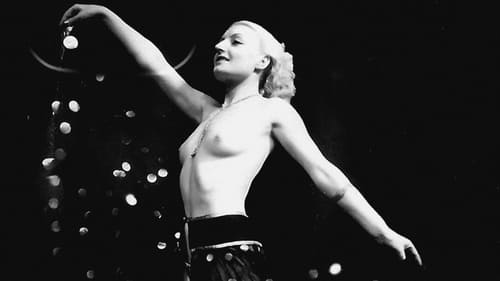
Upon the outbreak of the Spanish Civil War in July 1936, the anarchist union CNT socialized the film industry in Spain, so in Madrid and Barcelona film workers took over the production assets and, between 1936 and 1938, numerous films on a wide variety of topics were released, composing a varied mosaic that gives rise to one of the most unusual and original moments of Spanish cinematography.

The parallel stories of a police commissioner and a bank robber whose lives eventually come together.

A retrospective look at the anarcho-syndicalist and anarcho-communist experience in Spain from 1930 until the end of the Civil War in 1939.

Juan Alvarez, a Spanish refugee in Canada, shoemaker, picks up at his home Manuel, a 12-year-old Portuguese teenager, whom he teaches to read, to assert his rights and who speaks of the Spanish civil war.
